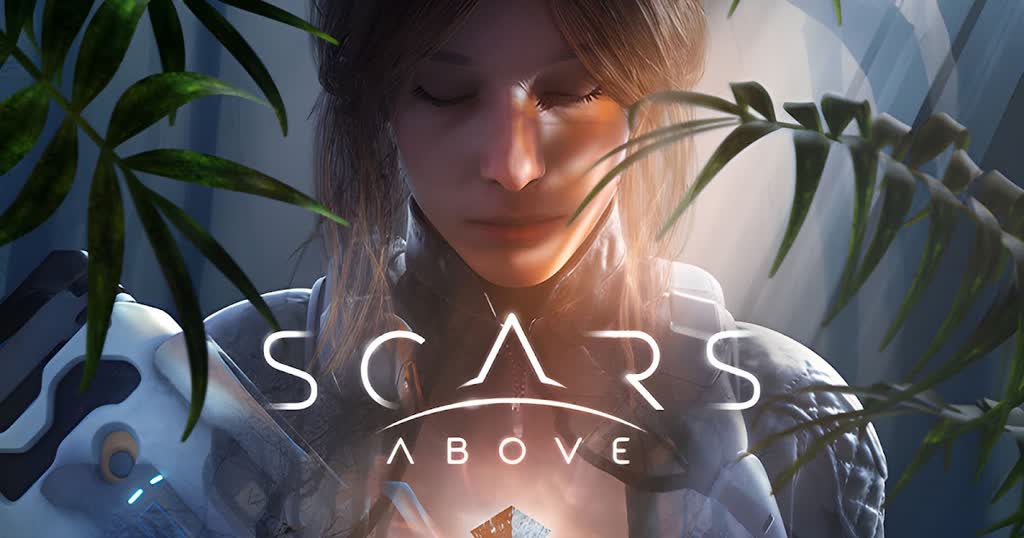**The Witcher 4: Balancing Innovation and Heritage in CD Projekt’s Next Chapter**
As anticipation builds for *The Witcher 4*, CD Projekt Red is once again poised to redefine the RPG landscape by striking a delicate balance between innovation and the beloved heritage of the franchise. Following the monumental success of *The Witcher 3: Wild Hunt*, the studio faces the challenge of evolving the series while honoring the narrative depth and immersive world-building that fans cherish.
**Harnessing the Power of Unreal Engine 5**
One of the most significant shifts in *The Witcher 4*’s development is the move to Unreal Engine 5, marking a departure from the proprietary REDengine that powered previous entries. This transition is more than a technical upgrade; it represents CD Projekt’s commitment to leveraging cutting-edge technology to enhance visual fidelity, environmental detail, and dynamic gameplay systems.
Unreal Engine 5’s capabilities—such as Nanite virtualized geometry and Lumen global illumination—allow for breathtakingly detailed landscapes and realistic lighting effects, promising a more immersive and atmospheric experience. This technological leap enables the developers to craft a living, breathing world that feels both expansive and intimately connected to the player’s journey.
**Narrative Strategies: Evolving the Storytelling Tradition**
Narrative remains at the heart of *The Witcher* series, and CD Projekt is doubling down on this strength. While the previous games centered on Geralt of Rivia’s saga, *The Witcher 4* introduces new protagonists and storylines that expand the universe’s lore without losing the mature, morally complex storytelling that defines the franchise.
The studio is embracing a more player-driven narrative approach, offering branching storylines with meaningful consequences that reflect player choices on a grander scale. This evolution aims to deepen player agency while maintaining the rich character development and thematic depth that fans expect.
Moreover, CD Projekt is integrating more nuanced cultural and political themes, reflecting contemporary issues through the lens of the fantasy world. This approach not only enriches the narrative but also positions *The Witcher 4* as a relevant and thought-provoking experience in today’s gaming landscape.
**Market Positioning: Navigating Expectations and Expanding Horizons**
With *The Witcher 4*, CD Projekt is navigating a complex market environment where player expectations are higher than ever. The studio’s philosophy is to respect the franchise’s roots while innovating to attract new audiences. This means balancing familiar gameplay mechanics—such as deep RPG systems and open-world exploration—with fresh features enabled by new technology.
The move to Unreal Engine 5 also facilitates cross-platform development and scalability, allowing the game to reach a broader audience across next-gen consoles and PC. Additionally, CD Projekt is exploring expanded post-launch content and live-service elements to sustain player engagement over time without compromising the integrity of the single-player narrative experience.
**Conclusion**
CD Projekt Red’s development philosophy for *The Witcher 4* is a testament to their dedication to both innovation and heritage. By embracing Unreal Engine 5, refining their narrative strategies, and carefully positioning the game in a competitive market, they aim to deliver a sequel that honors the legacy of the series while pushing the boundaries of what a modern RPG can be.
As fans eagerly await more details, one thing is clear: *The Witcher 4* is set to be a landmark title that respects its past and boldly steps into the future.


